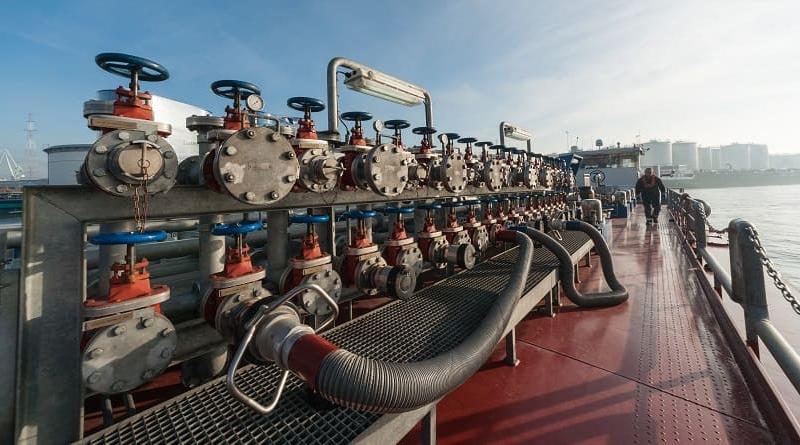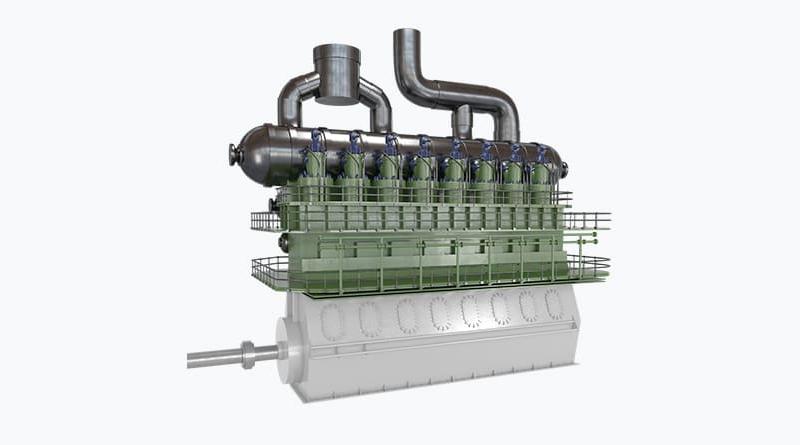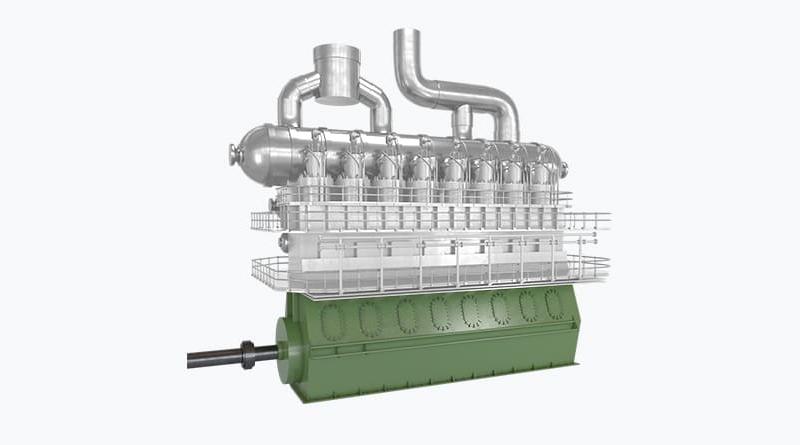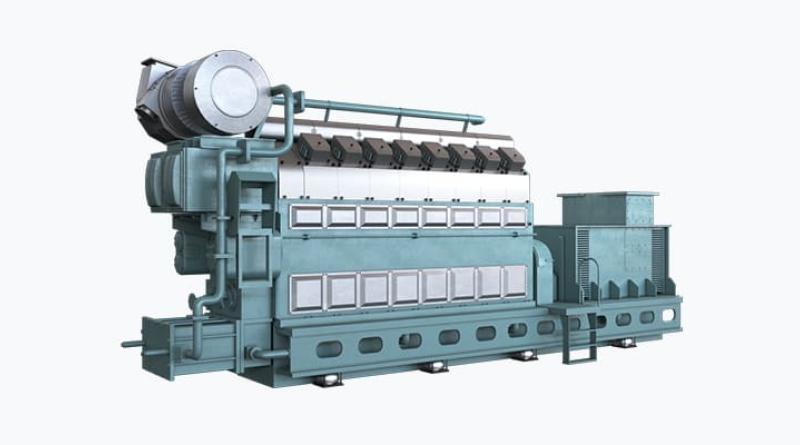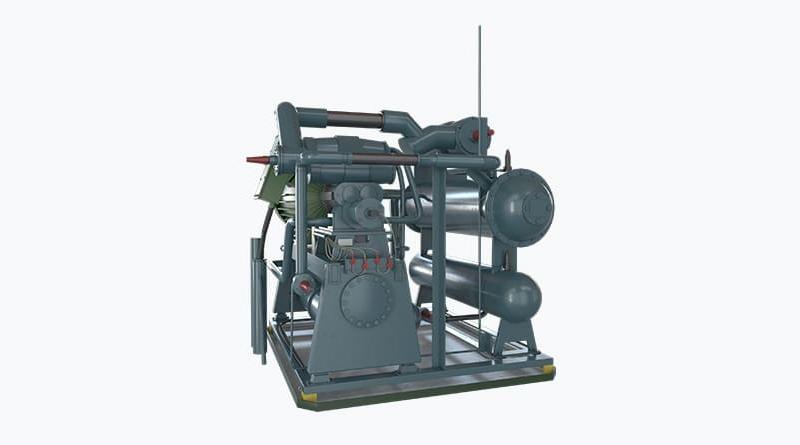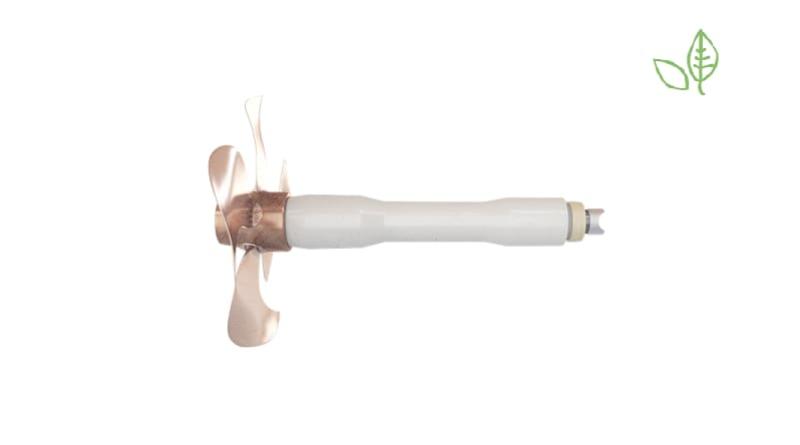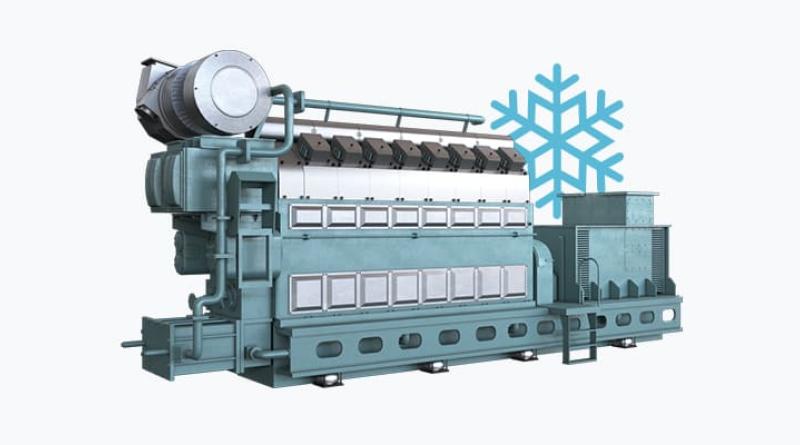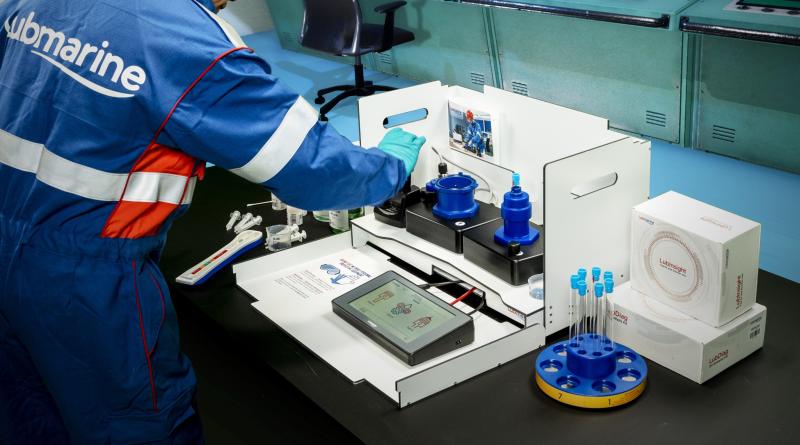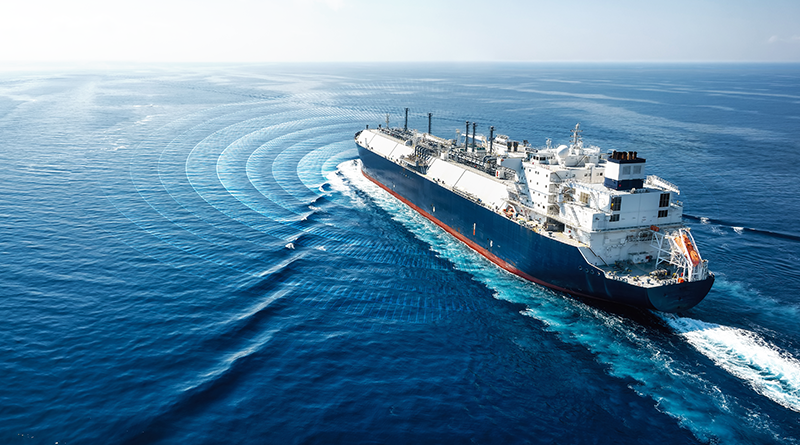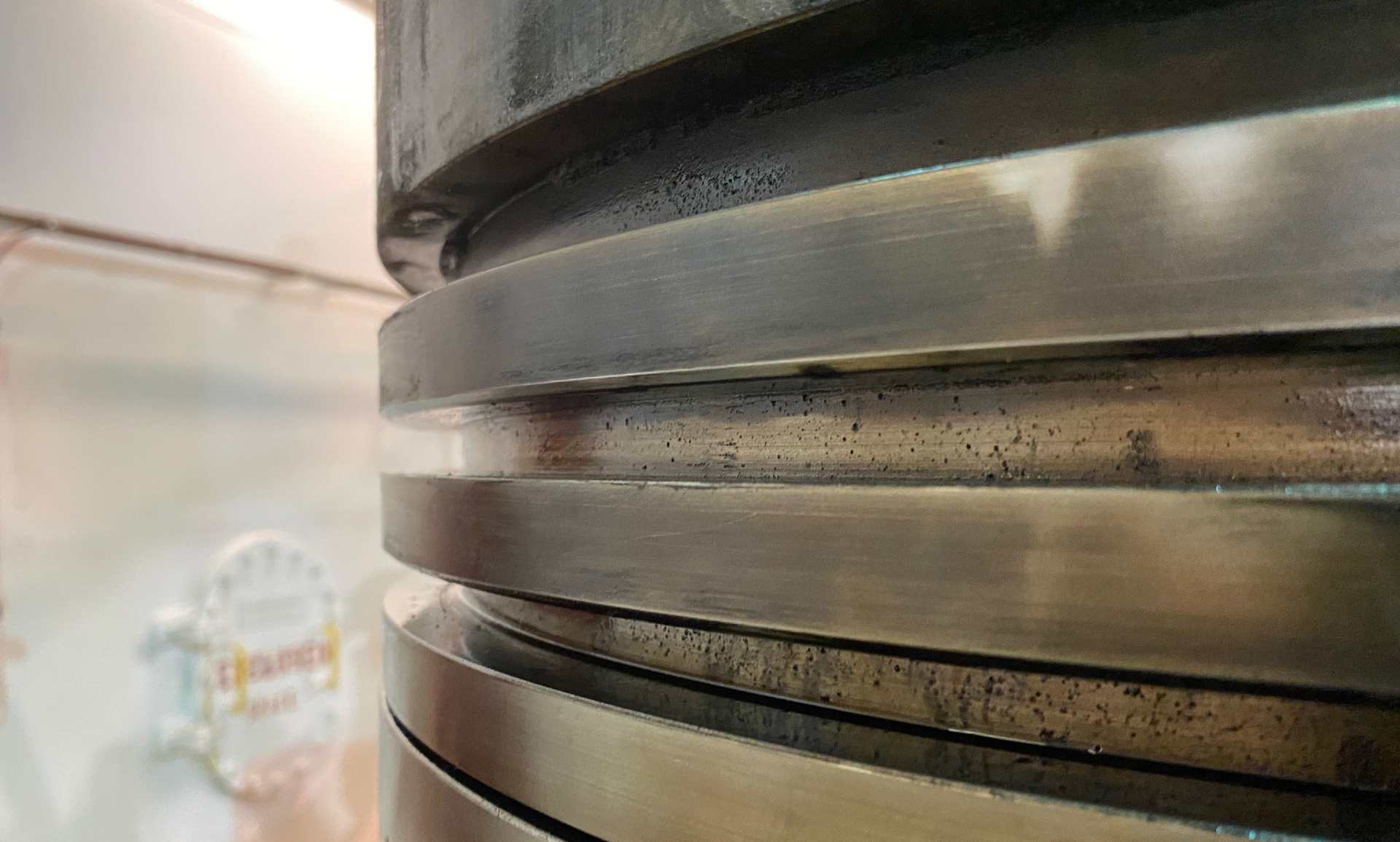
Why It’s Not Just About BN
Here at Lubmarine we are wholly convinced that a BN-centric approach is not the most effective way to lubricate and protect engines.
Whilst this may challenge conventional thinking in some areas of the shipping industry, we have undertaken significant research and investment to test and prove this point, both in the lab, at sea through millions of hours testing and through the approval of OEM’s.
This blog – related to our White Paper – Adapting to Life in the Post IMO2020 Landscape – looks more closely at this issue.
What is Effective and Efficient Neutralization?
For many years base number (BN) was widely regarded as the sole quality parameter of cylinder lube oil performance. Through Lubmarine’s pioneering Talusia Universal chemistry, it has been clearly proven that the BN argument is outdated.
This is because BN is a physicochemical characteristic which, alone, is simply not enough to measure the full performance characteristics of a cylinder lubricant.
What counts is the kinematic reaction of a lubricant, proven by the temperature (To) curves witnessed when there is a reaction with the lubricant in the cylinder. The faster that temperature increases, the greater the effectiveness of the lubricant: that is, the oil’s ability to effectively fight acids rapidly, irrespective of simply its BN.
This change in approach was created as a result of the development of Talusia Universal because conventional chemistry is unable to rate the true performance of a lubricant above its neutralization performance alone.
Through Talusia Universal’s innovative chemistry we can track the basicity performance by the shape of its reaction curve. This highlights that what is important when measuring the performance of the lubricant is the speed of the reaction.
When we look at the basicity performance of Talusia Universal – it is about its reaction speed. This is why a BN 57 product such as Talusia Universal provides better performance compared to conventional BN 70 products on the market. Its basicity reserve is high enough to ensure effective neutralization of acids produced during combustion, regardless of the fuel’s sulfur content.
With its combination of neutralization properties and detergency, ensuring engine cleanliness, Talusia Universal provides a unique solution for modern engine lubrication in a post IMO 2020 landscape.
To read more about this as part of a wider lubrication management programme download our White Paper – Adapting to Life in the Post IMO 2020 Landscape


